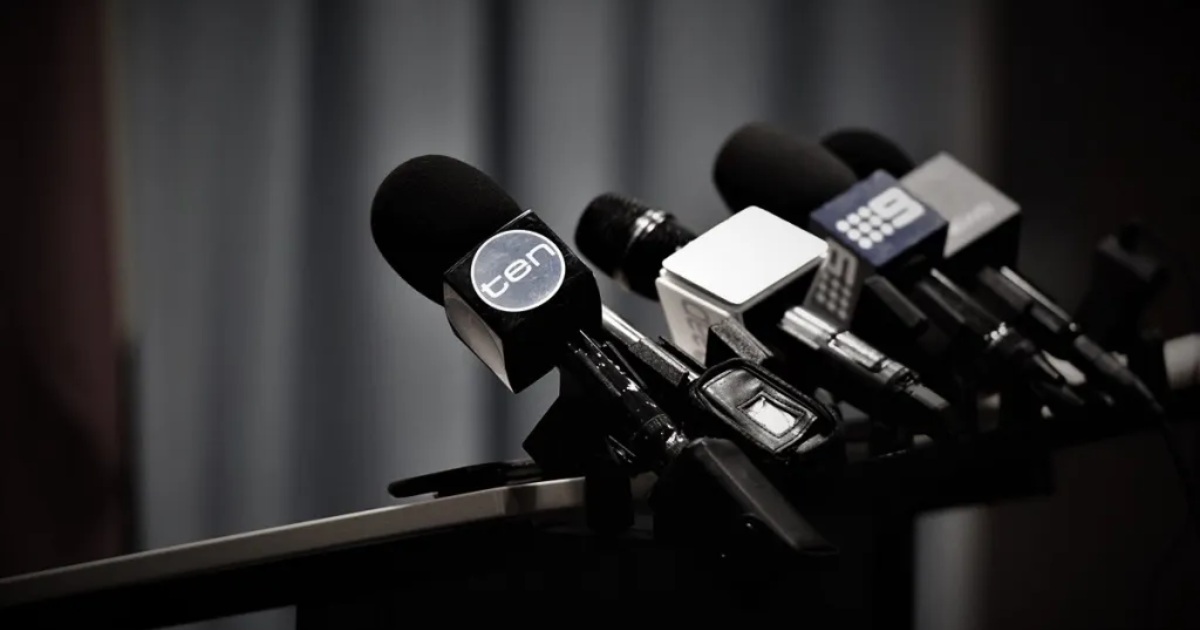Blogs
What Makes a Good Political Interview Go Bad

I’ve done enough interviews to know when one is slipping off the rails.
Sometimes it’s subtle, the guest dodges a question, pivots hard, or the energy just doesn’t land. Other times, it’s obvious. The message gets lost, the moment falls flat, and the audience tunes out. If you’ve ever wondered what makes a good political interview go bad, it often boils down to one thing: disconnection.
Not disconnection from Wi-Fi or camera angles, but disconnection from honesty, tone, and preparation. Here’s what you need to know:
It Starts With Over-Preparation or None at All
One of the easiest ways to ruin a good interview? Over-script it. When guests arrive with rehearsed lines and media-trained spin, the conversation stops being a conversation. You can feel the walls go up, and suddenly, instead of insight, you’re getting soundbites.
On the flip side, a total lack of preparation kills interviews, too. If I don’t understand the context or the guest isn’t briefed on the topics, the result is awkward dead air or circular talking points. I always say: the best interviews are prepared but flexible. You have to know the room, but also read the moment.
Ego, Avoidance, and the Missing “Why”
Another red flag? When guests treat the interview like a victory lap instead of a chance to be challenged. Viewers want transparency, not self-promotion. When guests dodge hard questions or refuse to own up to past statements, trust evaporates.
I’ve seen guests come in defensively, refusing to acknowledge legitimate criticism or controversy. That’s a fast track to losing the audience. If you’re wondering again what makes a good political interview go bad, it’s often the absence of vulnerability. People don’t expect perfection. They expect humanity.
Energy, Flow, and What’s Left Unsaid
A great interview has rhythm. When either party disrupts that flow, talking over each other, pausing too long, or veering too far off topic, it throws off everything. It doesn’t matter how strong the content is if the delivery is clunky or confusing.
But sometimes the biggest problem isn’t what’s said, it’s what isn’t. When big questions are ignored or hard truths are sugarcoated, viewers notice. Silence isn’t always strategic. Sometimes it’s just avoidance.
Why the Interview Format Still Matters
Despite how fast social media moves, interviews remain one of the most powerful ways to get to the truth. That’s why I care so deeply about doing them right. The Daily Mic Drop was built on asking hard questions, listening to the answers, and letting the audience decide. But we’ve had our misses too, and everyone taught me something.
What makes a good political interview go bad isn’t always obvious at first glance. But if you’re watching closely, you’ll see the signs every time.
